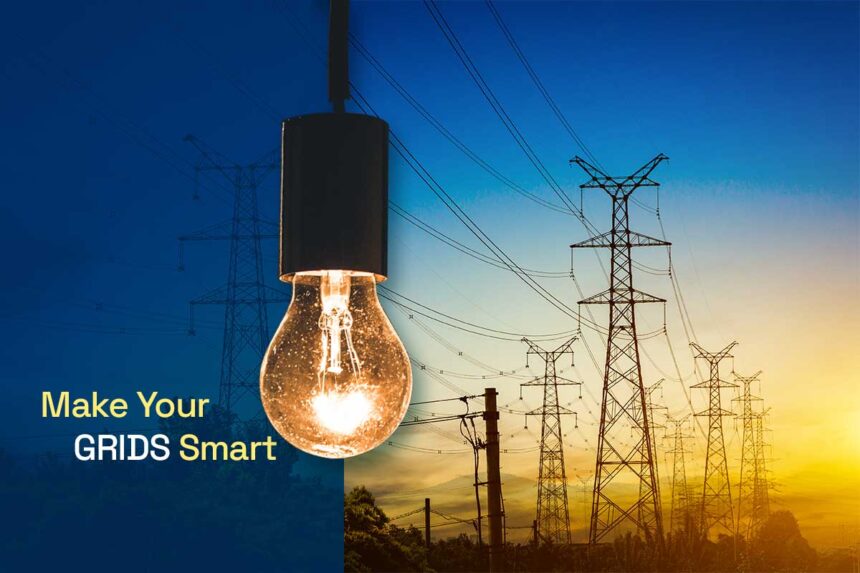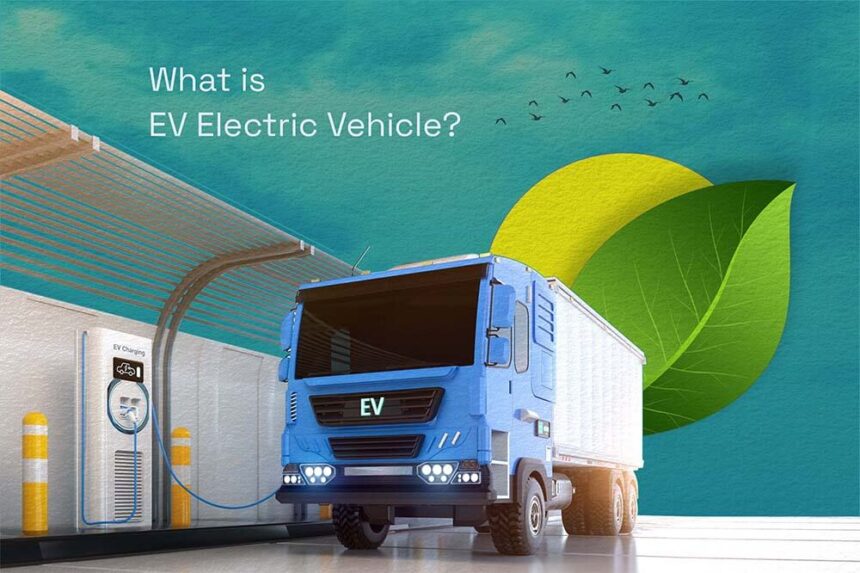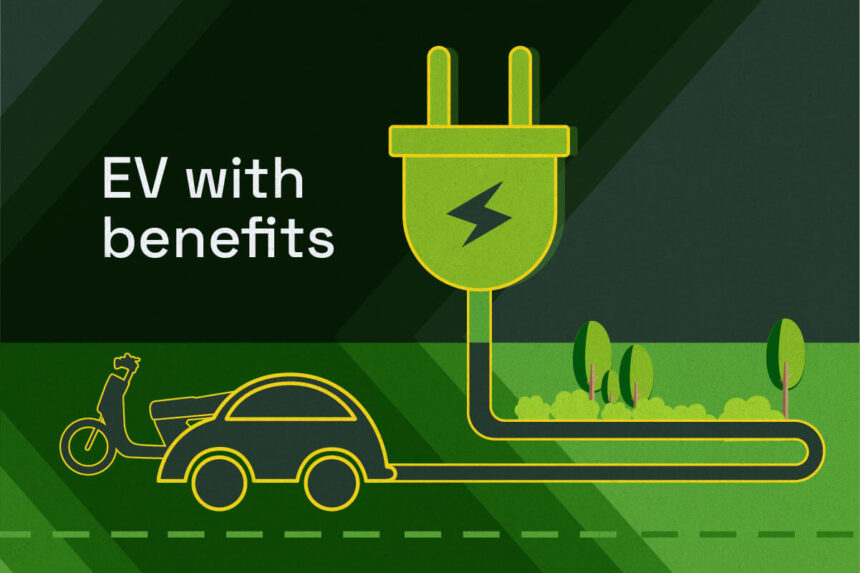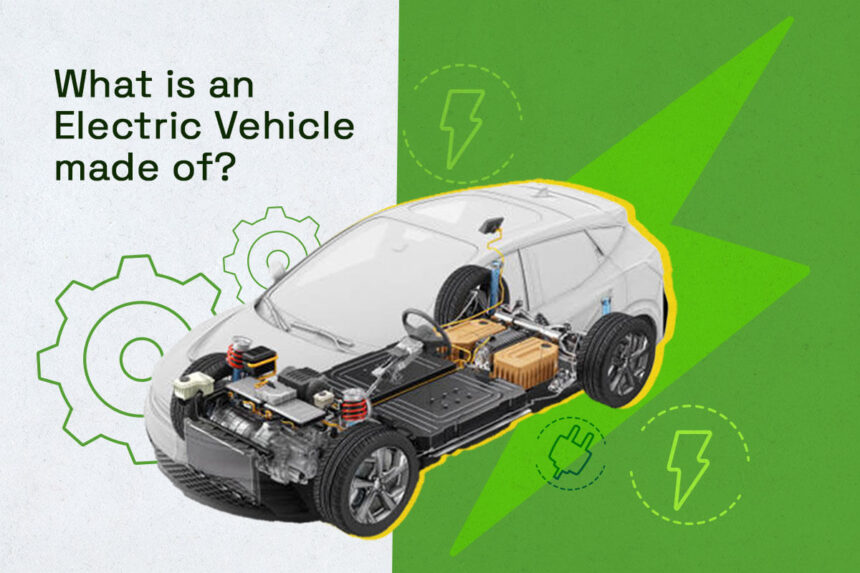Smart grid might sound like a familiar term that you have come across in the news or on some social media platform. However, before understanding the smart grid, it is important to gain some knowledge about the term “grid.” The word “grid” was heavily used when most of Mumbai witnessed a power failure simultaneously for about 45 minutes. So, what exactly is the grid that is powerful enough to cause havoc in the city that never sleeps and never stops? “The grid” is a term used to refer to the electric grid, which is a network of transmission lines, substations, transformers, and more. These are used to distribute electricity from the power plant to residential, commercial, and industrial areas. Every time you flip a switch or charge your devices, you plug into the grid.
Then how does something mechanical in nature become smart? How do you make “the grid” smart? The simple answer to it would be a singular word: “technology.” The digital technology, which would enable two-way communication between the utility and the customers while sensing along the transmission lines, would make the grid smart. Therefore, very much like the internet, the grid would have controls, computers, automation, newer technologies and equipment that would integrate together. The role of the technologies in the smart grid would be to respond digitally to shifts in our electric demands and cater to us based on our consumption patterns.
The smart grid would bring us reliability, availability, and efficiency in the energy industry, therefore pushing it into a new era. It will contribute immensely to the environmental and economic health of society. However, during the transition period, it would be imperative to routinely carry out testing, make technological improvements and advancements, have in-depth consumer education, ensure development in the standards and regulations, and ensure constant influx and sharing of information among all the projects to ensure that the vision of the smart grid finally comes to life, making the benefits of it a reality rather than mere promises.
Which brings the important question – What are the benefits of smart grid? Like aforementioned, smart grid would bring efficiency in the energy industry. To elaborate further, it means the transmission of energy would be more efficient. Smart grid would also ensure that if there are situations of power disturbances, the restoration post them would be smoother and quicker. A smart grid would also reduce the cost of operations and management for utilities, which would translate into lower costs for consumers. They would also lead to a reduction in peak demand; as the demand would drop, the prices for electricity would eventually drop too. Smart grids would also integrate many renewable energies, which would be favourable for the environment, therefore making smart grids a green concept. It would also provide increased security. Therefore, adopting and integrating smart grids in the energy industry would be highly beneficial.
In the current times, if we face an electricity disruption, for example, a blackout, it would have a domino effect. It can potentially lead to a series of failures that would affect banking, transportation, communications, traffic, security, etc. A power failure in the winter would leave a lot of houses without heating. However, a smarter grid will provide resilience for the electric network. The two-way communication of the smart grid would allow automatic rerouting when outages occur or when there is equipment failure. When a outage would occur, the smart grid would detect it and isolate it before it becomes a large-scale blackout, therefore bringing efficient performance to the grid.
The smart grid would also take advantage of the customer-owned generators. It would source power from these utilities to keep public services like the police department, traffic lights, and health department working even during emergencies. Therefore, it would mean more meaningful and appropriate use of power for the betterment of society and power consumption. A smart grid would also be a befitting replacement for the ageing electric system currently in place.
A smart grid would also help customers gain control. They would have power meters to keep a track of their power usage and make responsible changes required to curtail or monitor their unnecessary power wastage. This would bring about a rise in responsibility among the customers to use power cautiously.
Therefore, the evolution of electric systems into smart grids would be absolutely beneficial.







